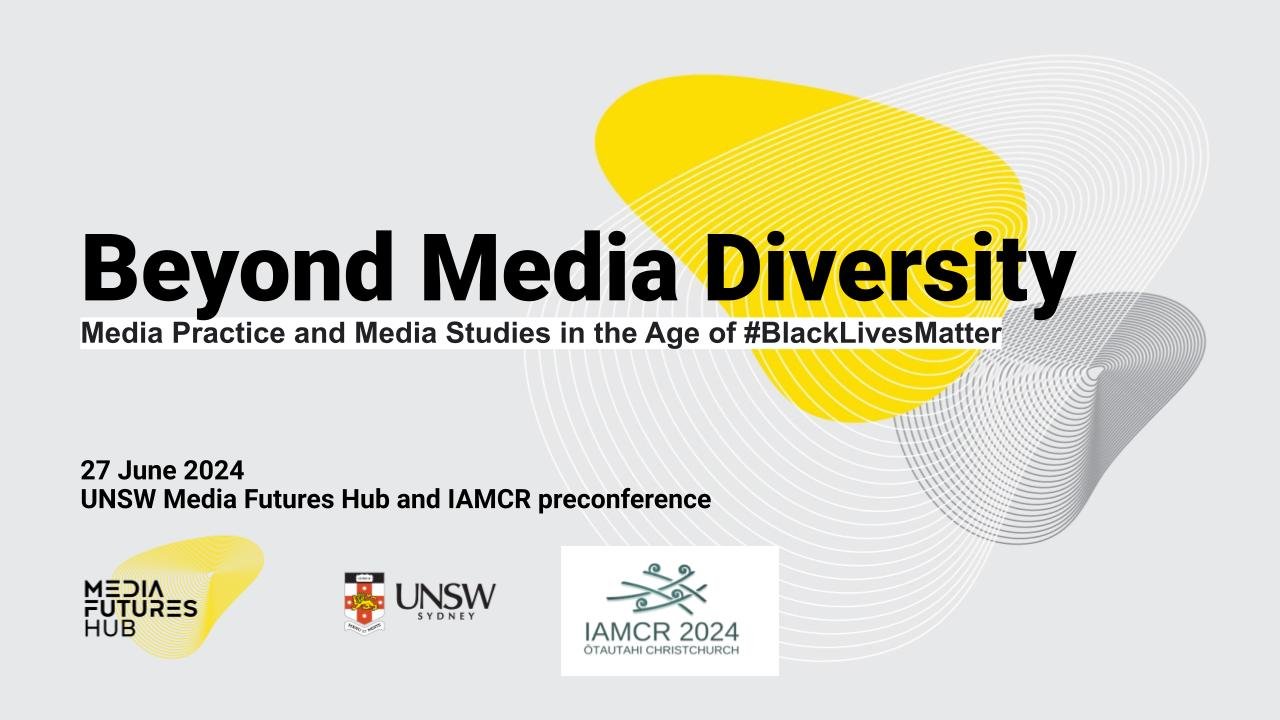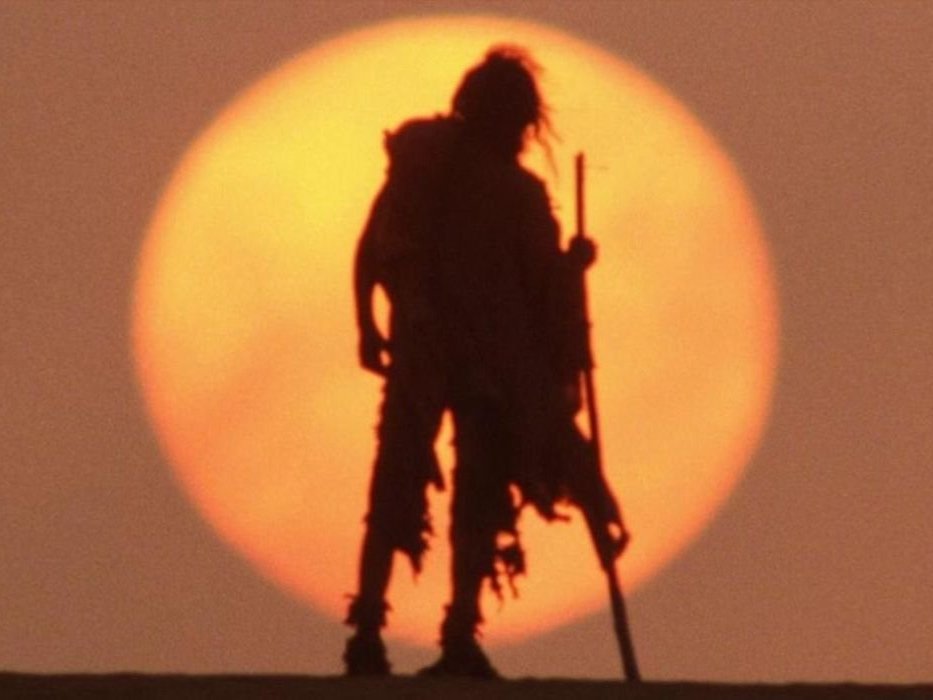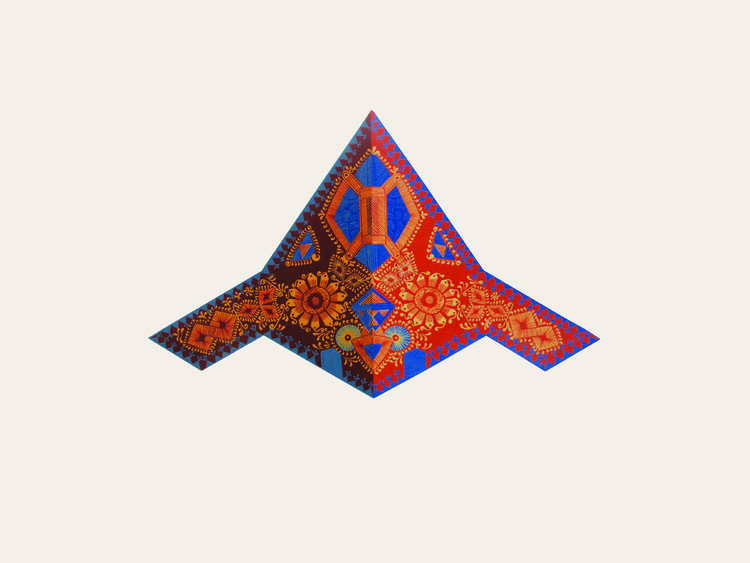Tuesday 8 October 2024
2:00-3:00pm (AEST)
Morvern Brown 310
The seminar by Anamik Saha will be followed by an informal workshop at 3:30-5pm. For further details please email: t.dreher@unsw.edu.au.
Despite the superdiversity we now encounter on our screens, issues of diversity in media industries and society at large, remain vexed. While previously a soft, somewhat inoffensive term, ‘diversity’ has hardened into something politically controversial - along with its siblings, ‘equality’ and ‘inclusion’. Diversity is attacked by the Left for its ineffectiveness in dealing with racial inequalities, burying the more assertive language of racism and discrimination demanded by anti-racist activists. It is also attacked by the Right for, at ‘best’, its threat to meritocracy, and at worst, its purported demonisation of White people.
Once at the bedrock of creative industries policy, diversity was seen as the source of originality and innovation and economic growth. Undeniably this has had a profound impact on the media we consume. Yet this has not been mirrored in the creative workforce, where diversity policies have failed to increase the number of people from marginalised backgrounds within its ranks. Compounded by economic and political pressures, these failing initiatives have fallen by the wayside, as big brands bin diversity targets due to political pressure, or quietly drop EDI efforts as they contend with ‘bigger’ financial issues. Worst of all, the crisis of diversity just so happens to be unfolding alongside the violent ascendency of the far-right in liberal democracies.
But while this suggests that diversity is done, in this paper I take a wider view and examine the crisis in diversity in media in conjunctural terms. I consider how cultural and creative industries are (or, are not) contending with the biggest crisis right now: the rise of the far-right. Rather than ineffectual against the far-right, could it be the case that diversity has put the brakes somewhat on its advance? The paper imagines how media can proactively challenge racism in society, and how a radical reimagining of diversity can contribute to this urgent task.
Anamik Saha is a Professor in Race and Media in the School of Media and Communication at the University of Leeds. His research is on issues of race, culture and media, with a particular focus on creative and cultural industries and issues of ‘diversity’. He is the author of Race and the Cultural Industries (Polity, 2018), Race, Culture and Media (Sage, 2021) and the co-author of the AHRC-funded industry report Rethinking ‘Diversity’ in Publishing (with Dr Sandra van Lente, Goldsmiths Press, 2020). His research has featured across a range of media, including BBC Radio, The Guardian, TES and The New Statesman. He was included in the TheBookseller’s 2020 list of most influential people in the book trade. He is an editor of European Journal of Cultural Studies. His new book The Anti-Racist Media Manifesto- written with Francesca Sobande and Gavan Titley - is out in Autumn 2024.
This talk is hosted by the UNSW Media Futures Hub.













